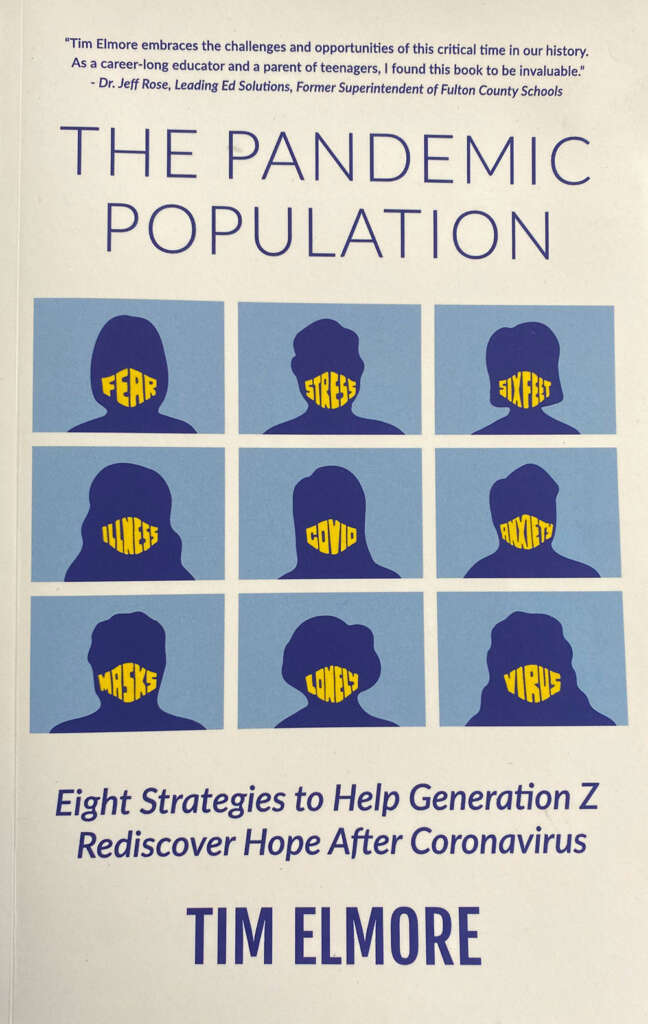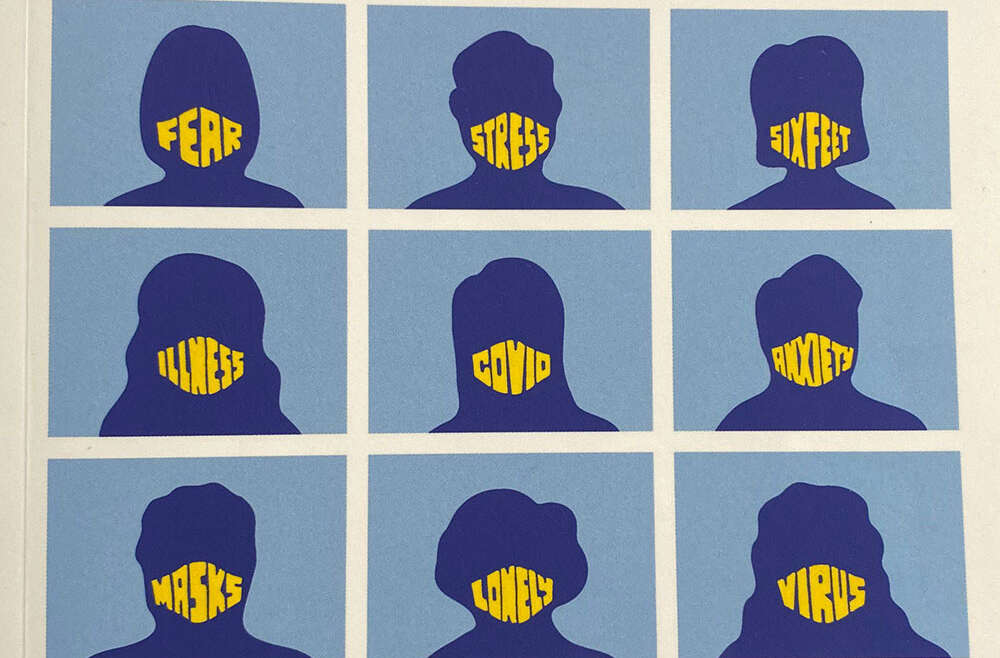
“History teaches us important lessons- especially what mistakes to avoid in the future.”
Do you agree with the above statement? As we look at helping this generation to recover from the COVID pandemic, there are similarities with both Gen Z and the Silent Generation that survived the Great Depression. Both have experienced economic slumps, seen suicide rates increase, and observed an increase of unemployment. As a result of these two historical events, both generations experienced emotional depression, risk aversion, and lowered personal expectations. Have both generational groups survived well?
Gen Z individuals were exposed to all the world’s challenges at the tip of their smart phones. They witnessed uncertainty within the job market. They also perceive a bleak future with tuition debt and feeling like “my graduation is finally here and all my preparation means nothing. I have to start all over.” These individuals are struggling to see the positives in life.
For the Silent Generation, these individuals were also known as the builder generation because they were responsible for repairing the damage done by the war and learned to build something out of nothing. How did they do it? Elmore cites 6 attitudes common within this generation: (1) Be humble, (2) Be grateful, (3) Be a good worker, (4) Be kind, (5) Be resilient, and (6) Be resourceful. Although faced with similar hardships like the Gen Z, this generation was able to see the positives in life. They were able to survive the hardships of life with a personal narrative that helped them to grow with a positive outlook.
Why focus on the personal narrative? Elmore states that “when we step back and view the pages of history, we recognize that more important than the tough times people endure is the narrative they form in their minds about those tough times.” Not only can an individual set the tone for their personal narrative, but “society tends to form a collective narrative that defines the times.” For the Silent Generation, they were encouraged to be resilient, resourceful, and respectful. For the Gen Z, they are encouraged to be savvy, cynical, and stoic. Instead of caps and gowns, Gen Z are growing up with hand sanitizers and masks. Instead of hanging out with friends, Gen Z are told to social distance and isolate. Instead of excitement about the future, Gen Z are filled with uncertainty and anxiety.
How can you influence the personal narrative of your child? A psychologist, Emmy Werner, researched the topic of resilience in children. The following are her suggestions:
- Limited amount of Bad News Exposure: Place boundaries on the amount of news that your child is watching. Having a “loop” of news may be more harmful than informative for your child.
- Loving Caregivers: Have a trusted adult to offer guidance, support, and encouragement.
- Calm Leadership: Children innately look to their caregivers for safety when uncertainty and danger strikes. If the adult is calm, the child is secure. If the adult is upset or worried, the child will feel unsafe and the child’s brain & body goes into fright/flight mode – which increases stress for the child. In recovery from the pandemic, it is important to have normal routines that provide security. Instead of discussing worries about the unknown, it is important for parents to model a peace of mind and a calm presence in the home.
- Higher Calling: Werner’s research and other studies of resilience find that survivors who do well have strong philosophies or spiritual traditions. Many faith traditions help to develop a resilient mindset. Furthermore, having a sense of purpose is helpful to model for our children. We can encourage children to participate in chores/projects within both their families and their communities. As our children develop mastery of skills, they will feel confident and valued.
As we forge ahead from the pandemic, we need to be mindful in helping our children move forward with a positive personal narrative that will allow them to be resilient, resourceful, respectful, grateful, and joyful.

